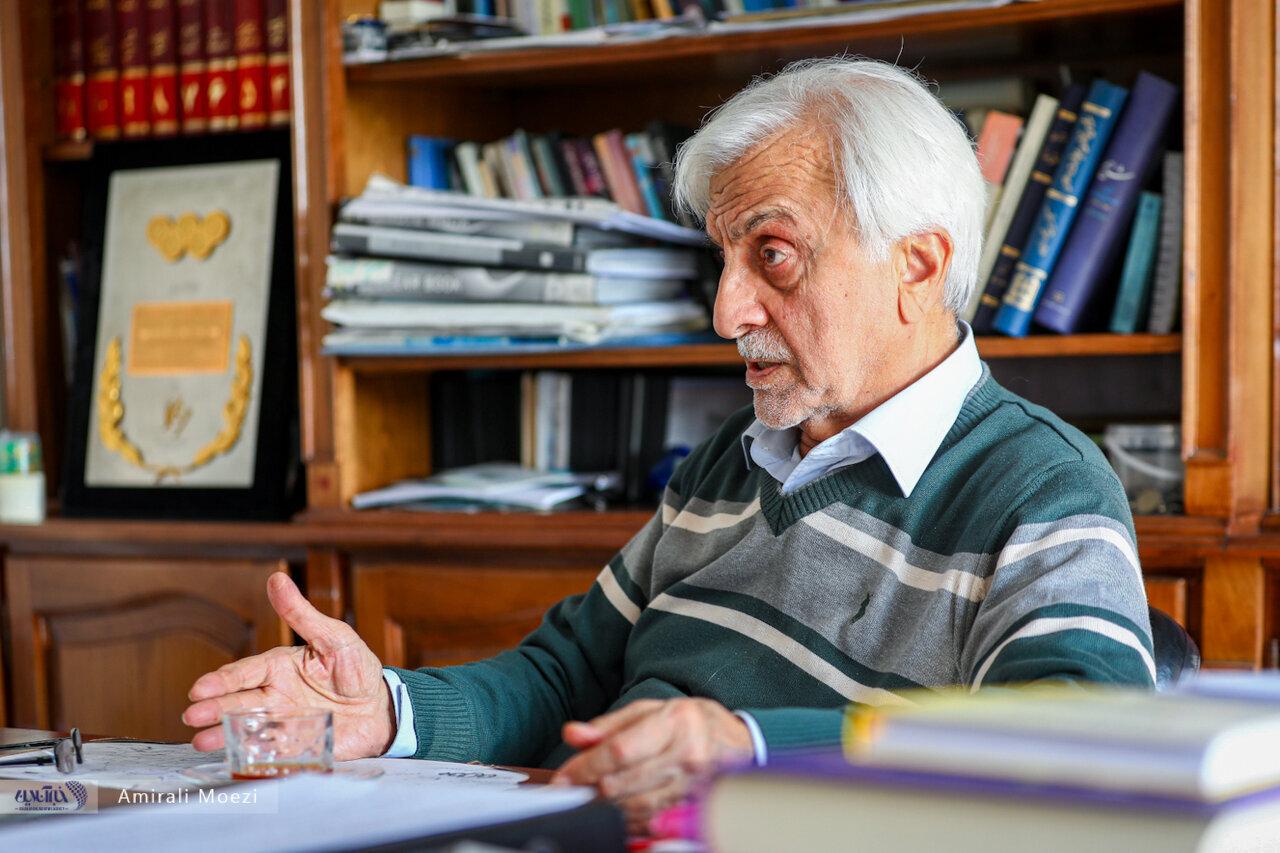Britain recognises Palestine, 108 years on from Balfour declaration
Britain recognises Palestine, 108 years on from Balfour declaration

The UK, Canada, and Australia have officially announced their recognition of a Palestinian state.
The historic move comes ahead of the UN General Assembly session in New York, which will begin on Monday.
France is expected to imminently follow suit.
"Today, to revive the hope of peace for the Palestinians and Israelis, and a two state solution, the United Kingdom formally recognises the State of Palestine," British Prime Minister Keir Starmer said on X.
The move will further deteriorate the already strained relations between Britain and Israel, two historical allies.
In 1917 the British government first announced its intention to support the establishment of a Jewish homeland in Palestine, in the Balfour declaration.
Chris Doyle, director of the Council for Arab-British Understanding (CAABU), said: “Many Palestinians would have liked to celebrate this symbolic moment but they cannot.
The reality is that recognition will not end the bombing, the famine, the genocide nor the system of apartheid that Palestinians are enduring."
The Labour government announced over the summer it would recognise a Palestinian state alongside France if Israel did not meet a series of British conditions.
These conditions included agreeing to a ceasefire and committing not to annex any of the occupied West Bank.
In response, Israel accused the UK and other countries pledging to recognise a Palestinian state - including Australia and Canada - of siding with Hamas.
The country has launched a full-scale ground invasion to occupy Gaza City, and Israeli ministers say they are preparing to annex the West Bank.
Hannah Bond, co-CEO of ActionAid UK, said: "The UK’s recognition of a Palestinian state is a welcome and significant step that affirms Palestinians’ alienable right to self-determination.
"It's a shame this wasn't taken sooner and that the government sought to use it as a bargaining chip in its negotiations with the Israeli authorities."
In late July, then-British foreign secretary David Lammy said that the Balfour declaration came with the promise "that nothing shall be done, nothing which may prejudice the civil and religious rights" of the Palestinian people.
Lammy asserted that "this has not been upheld and it is a historical injustice which continues to unfold".
On this basis, he continued, Britain would recognise Palestinian statehood.
'Inalienable right'
Last month, the British government published a memorandum of understanding with the Palestinian Authority (PA), which said Britain is committed to "the two-state solution based on 1967 lines" and "does not recognise the Occupied Palestinian Territory, including East Jerusalem, as part of Israel".
The memorandum declares: "The West Bank, including East Jerusalem, and Gaza, must be reunified under its sole authority."
It adds that "the UK affirms the inalienable right of the Palestinian people of self-determination, including to an independent state".
In a significant statement of British support for the Palestinian Authority, the document insists that the PA "must have the central role in the next phase in Gaza on governance, security and early recovery".
British officials have previously demanded that Hamas should disarm and end its rule in Gaza.
Israel's genocide in Gaza has killed more than 64,000 Palestinians and levelled much of the enclave.
However, the UK has only suspended 30 of its 250 arms export licenses to Israel and continues to supply components for F-35 fighter jets, the most powerful aircraft in the Israeli arsenal.






